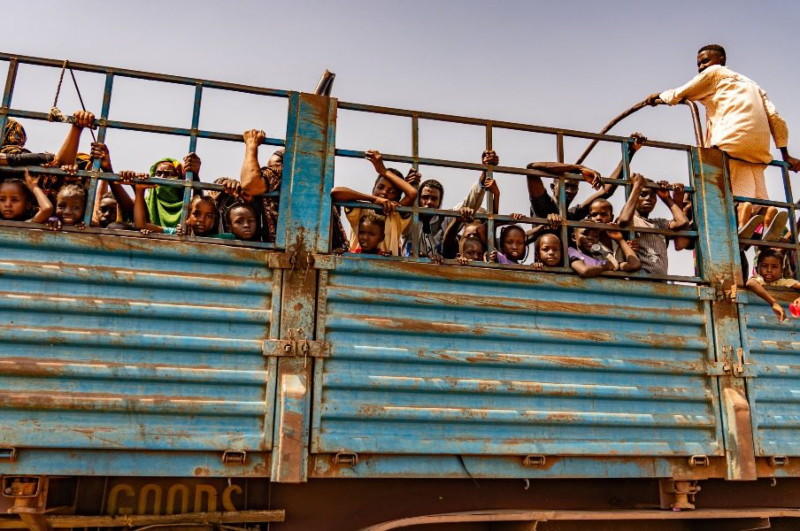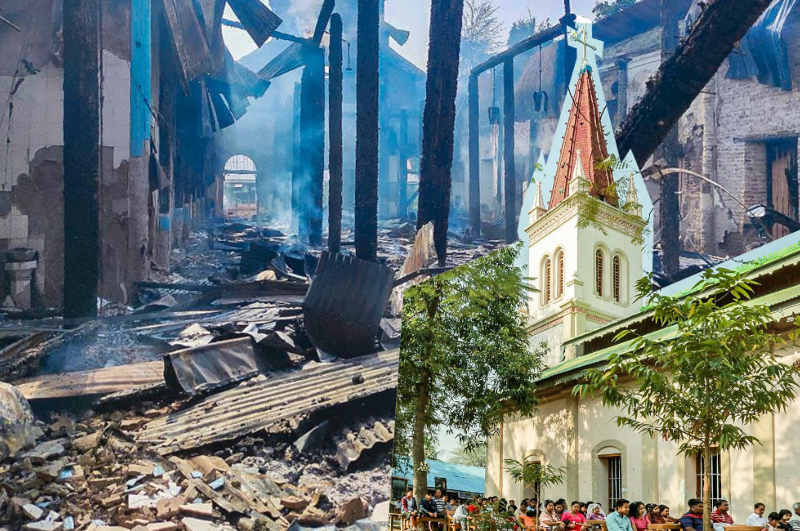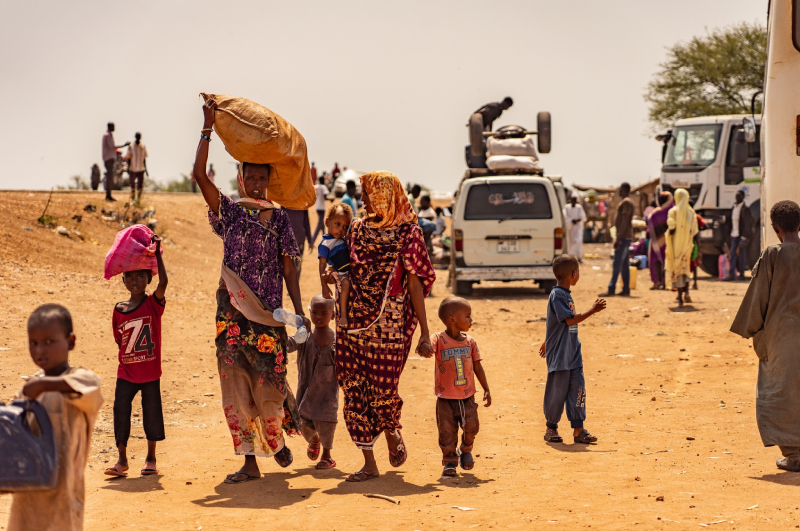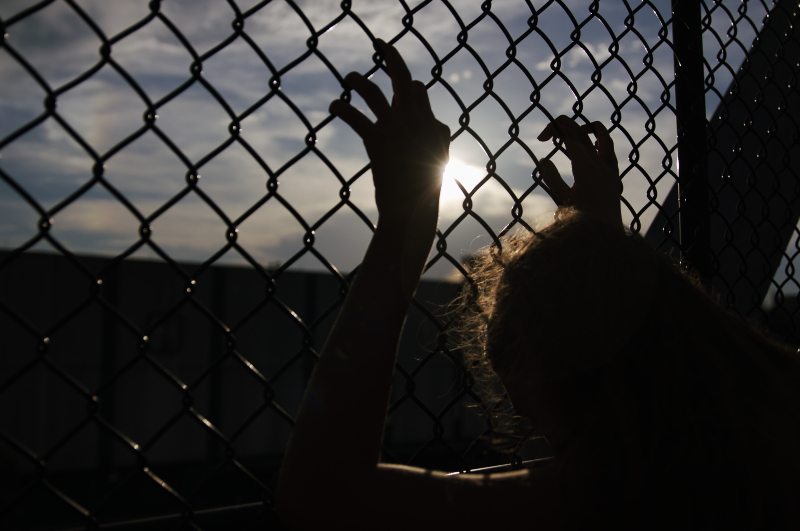

The road to sustainable peace in South Sudan hinges on strengthening the rule of law, expanding civic and political space, and fostering peaceful coexistence among communities.
However, the country remains volatile, with sporadic violence keeping communities on edge. Warrap State, in particular, has recently experienced a surge in intercommunal clashes, including cattle raiding, revenge killings, and hate speech, which have devastated neighboring areas such as Cueibet and Rumbek Counties in Lakes State, where the Jesuits are actively working.
The situation has been dire, with these violent clashes claiming lives and displacing over 3,000 people, including women, children, and the elderly. As the violence persists, the number of internally displaced persons continues to rise, exacerbating an already critical humanitarian situation. Additionally, the economic crisis has deepened, with government employees going without pay for nine months, further straining the population.
Efforts to address the political situation, such as the Tumaini Peace Initiative for South Sudan, which aimed to bring political parties together for dialogue in preparation for the December 2024 elections, appear to be faltering. Several political factions have withdrawn from the talks, raising concerns about the viability of peaceful political solutions.
Amid these challenges, Jesuit Hakimani Centre South Sudan, a centre for social justice, peace, and reconciliation, remains a beacon of hope. Working closely with stakeholders including civil society organizations, religious leaders, the United Nations Mission in South Sudan, and community leaders, Hakimani is dedicated to alleviating suffering and promoting peaceful coexistence.
Since May 2024, Hakimani has partnered with the Catholic Justice and Peace Desk of the Catholic Diocese of Rumbek to engage the Catholic Justice and Peace Committee (CJPC) in all 17 parishes of the diocese. This partnership focuses on civic education, conflict mitigation, and combatting hate speech, particularly on social media platforms, where tensions often escalate.
Through these efforts, progress is being made in reducing tensions, preventing violence, and promoting reconciliation. Community dialogues, peacebuilding activities, and the use of formal judicial systems are helping to resolve conflicts and prevent further violence. Importantly, peacebuilding initiatives are being paired with human development projects, such as clean water access and income-generating activities like maize grinding mills, which bring communities together while fostering economic development.
Despite the intermittent violence, the combined focus on peacebuilding and development is yielding positive results, and continued support for these efforts remains crucial. As South Sudan navigates these challenging times, the hope for peace through development persists. Let us continue to pray for peace and unity in South Sudan.
Related Articles



Select Payment Method
Pay by bank transfer
If you wish to make a donation by direct bank transfer please contact Fr Paul Hamill SJ treasurer@jesuits.africa. Fr Paul will get in touch with you about the best method of transfer for you and share account details with you. Donations can be one-off gifts or of any frequency; for example, you might wish to become a regular monthly donor of small amounts; that sort of reliable income can allow for very welcome forward planning in the development of the Society’s works in Africa and Madagascar.
Often it is easier to send a donation to an office within your own country and Fr Paul can advise on how that might be done. In some countries this kind of giving can also be recognised for tax relief and the necessary receipts will be issued.





